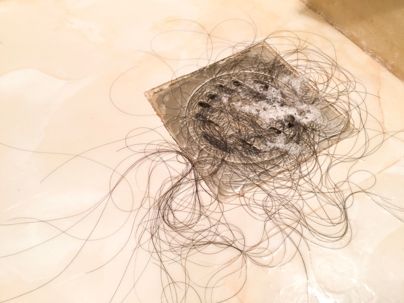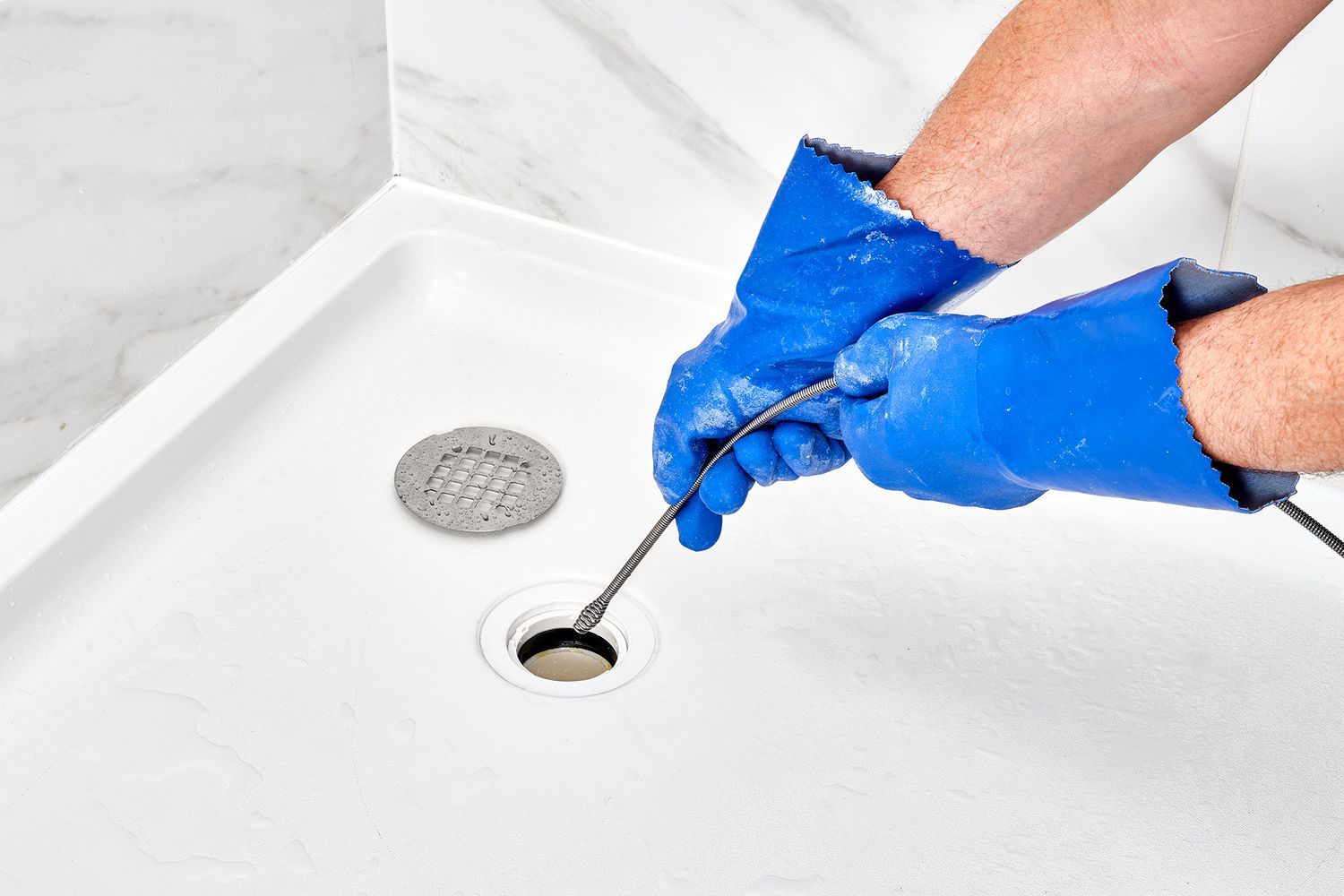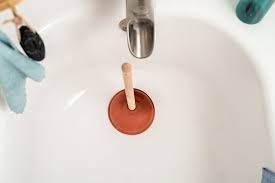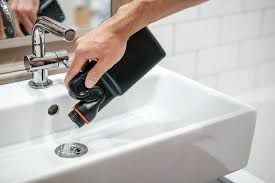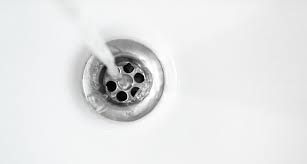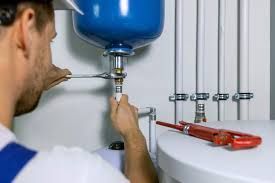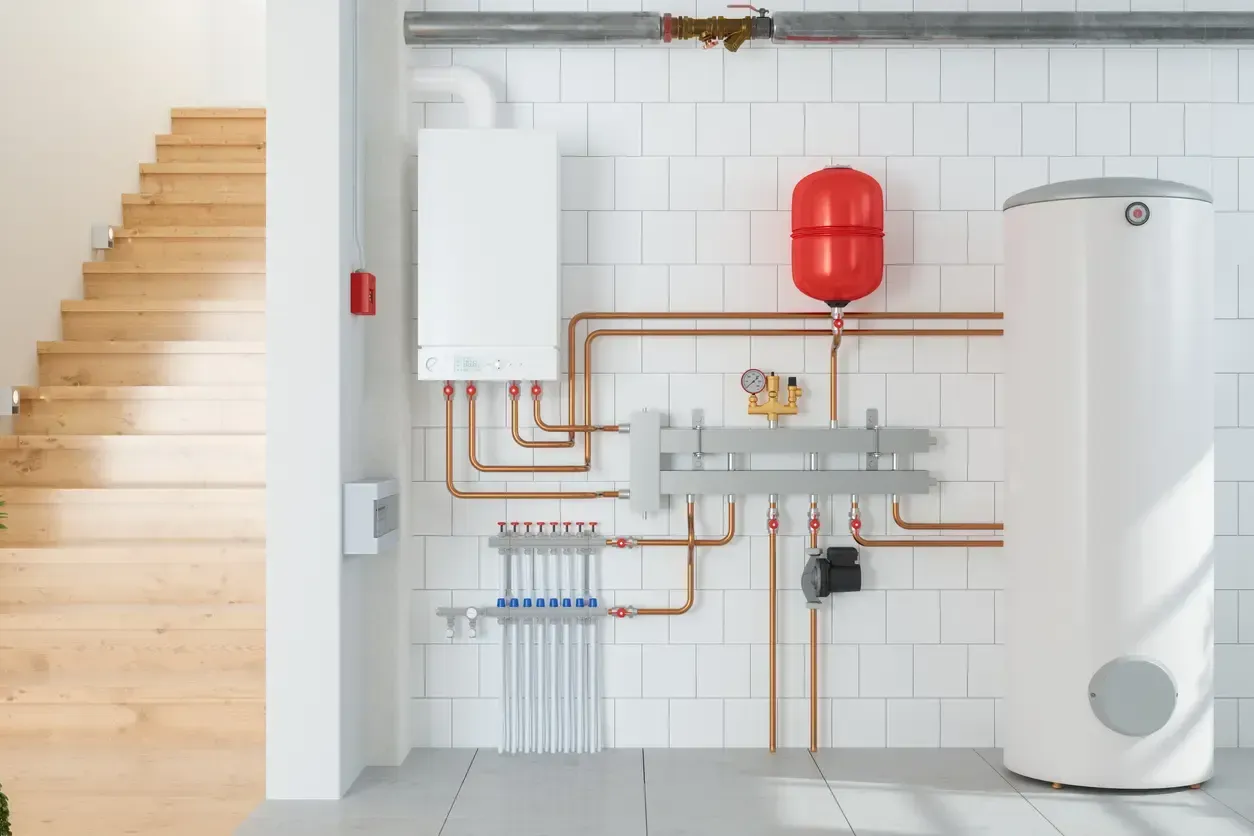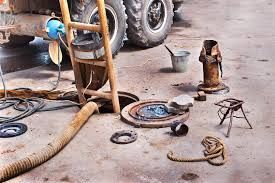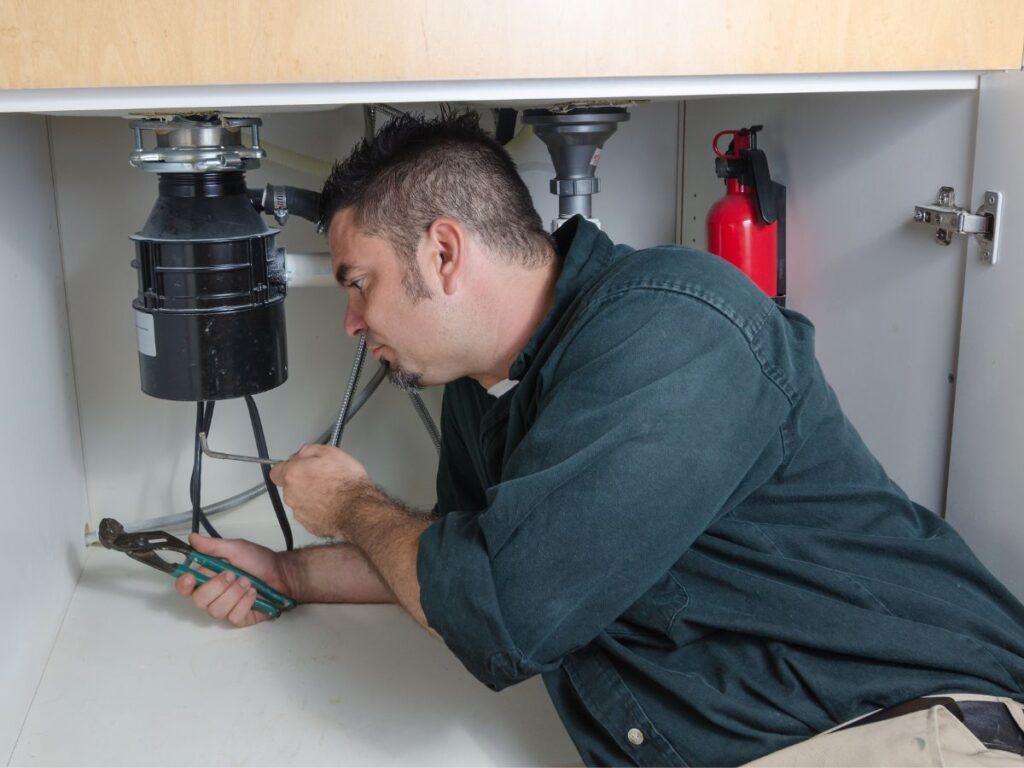When to Repair vs. Replace Your Garbage Disposal
Garbage disposals operate by grinding food waste with spinning impellers powered by a motor. When you turn it on, food waste is processed into a slurry, which is then washed away with water through your drainpipes. It’s an efficient system designed to prevent clogs, but overloading or improper use can lead to damage.
"Top Signs Your Garbage Disposal Needs Repair"
A Failing Garbage Disposal: The Warning Signs
A failing garbage disposal often gives off clear warnings that something is wrong. Ignoring these signs can lead to bigger problems:
- Persistent clogs.
- Unusual grinding noises.
- Water leaks under the sink.
- Foul odors that linger despite cleaning.
- The unit won’t turn on or frequently trips the circuit.
If you’re experiencing any of these, it’s time to take action.
The Common Problems of Garbage Disposals
Garbage disposals are remarkably efficient when working properly, but they’re not immune to issues. Understanding the common problems these appliances face can help you identify and address them before they escalate into costly repairs or replacements.
1. Frequent Clogs
Clogs are among the most common issues with garbage disposals, often caused by improper use. Disposing of fibrous foods like celery, potato peels, or corn husks can tangle the impellers and jam the unit. Grease and oil, when poured into the disposal, harden over time, creating stubborn blockages that restrict water flow. Non-food items accidentally dropped into the disposal, such as utensils, plastic, or metal pieces, can also cause jams or clogs. Overloading the unit by grinding too much waste at once exacerbates these problems, leading to backups that can impact your sink’s drainage system.
2. Leaks Under the Sink
A leaking garbage disposal is a nuisance that can quickly become a major problem if not addressed. Leaks often occur due to loose connections between the disposal and the sink flange, worn-out seals, or cracks in the disposal’s body. Over time, seals and gaskets can degrade, leading to drips that eventually pool under the sink. If the disposal has been improperly installed or overused, structural damage may occur, making repairs more challenging. While minor leaks can be resolved by tightening connections or replacing seals, significant leaks, especially from cracks in the unit’s casing, may necessitate a full replacement.
3. Strange Noises
Your garbage disposal is designed to operate with a smooth, grinding hum. If you hear unusual noises like clattering, rattling, or screeching, it’s a clear sign of trouble. These sounds often indicate that a foreign object—such as a spoon, a piece of glass, or even hard food particles—has become lodged in the grinding chamber. Over time, loose or misaligned components within the disposal can also cause persistent noise. Ignoring these sounds not only affects the disposal’s performance but can also result in long-term damage to the motor or internal mechanisms if not promptly addressed.
4. Poor Grinding Performance
When your garbage disposal struggles to grind even soft food scraps, it’s a sign that the unit is losing efficiency. Dull impellers, which lose their sharpness over time due to wear and tear, are often the culprit. A weakened motor, either due to electrical issues or overuse, can also hinder grinding performance. Additionally, food waste buildup inside the disposal can create blockages that reduce grinding efficiency. This issue often leads to partial clogs, slow drainage, and foul odors. Regular maintenance, including cleaning and checking the unit for wear, is essential to maintaining peak performance.
When to Repair Your Garbage Disposal
Repairing your garbage disposal can be a practical and cost-effective solution when the damage is minimal and the unit is still relatively new. Here are the scenarios where opting for a repair makes sense:
1. Loose Connections
If you notice small leaks under the sink, they might be due to loose bolts or worn-out seals around the disposal unit. Tightening these connections or replacing a gasket can often solve the problem without requiring a complete replacement.
2. Jammed Units
Garbage disposals are prone to jams, often caused by objects like silverware or tough food debris getting stuck in the grinding chamber. In most cases, removing the obstruction and resetting the unit can restore its functionality without extensive repairs.
3. Minor Electrical Issues
Sometimes, power issues are due to simple problems like a tripped reset button, a blown fuse, or a faulty switch. These electrical glitches can usually be resolved with basic troubleshooting, making repair a quick and inexpensive fix.
4. Underperforming Blades
If your disposal is not grinding as effectively as it used to, the issue might be dull impellers. Sharpening or replacing these blades can significantly improve performance without replacing the entire unit.
Repairs are especially worthwhile for disposals that are under five years old and in generally good condition. They can add years of life to your unit and save you the higher cost of replacement.
When to Replace Your Garbage Disposal
In some cases, repairing your garbage disposal may no longer be feasible or cost-effective. Here's when it’s better to invest in a replacement:
1. Frequent Repairs
If your disposal breaks down regularly or has recurring issues, it’s likely a sign that the unit has reached the end of its lifespan. Repeatedly fixing a failing disposal can quickly add up in costs and hassle.
2. Extensive Leaks
Major leaks, especially those stemming from cracks in the disposal's casing, are typically irreparable. If water is dripping from the body of the unit itself, replacement is often the only viable solution.
3. Old Age
Garbage disposals typically last 8–10 years, depending on usage and maintenance. If your unit is approaching or beyond this age, even with repairs, it may not perform efficiently. Investing in a new disposal can provide better reliability and functionality.
4. Burnt-Out Motor
A motor that has completely burned out or failed is a major issue. Replacing the motor is often as expensive as buying a new unit, making replacement the more logical choice.
5. Desire for Upgraded Features
Modern garbage disposals come with advancements such as quieter operation, improved energy efficiency, and enhanced grinding capabilities. If your old unit lacks these features, upgrading to a new disposal might be the best option for your kitchen’s needs.
Replacing your garbage disposal not only resolves immediate issues but can also provide peace of mind with a unit that’s built to last and performs more efficiently. Choosing the right time to replace ensures you get the best value for your investment.
Why Maintenance Can’t Be Ignored
Regular maintenance is the secret to keeping your garbage disposal running smoothly and avoiding costly repairs or replacements. Here’s why:
- Prevents Clogs: Routine cleaning stops food debris and grease from building up.
- Extends Lifespan: Regular inspections and upkeep reduce wear on components.
- Ensures Efficiency: A well-maintained unit grinds better, saving water and energy.
Skipping maintenance can lead to larger problems that might have been easily avoided with some extra care.
5 Tips To Maintain Your Garbage Disposal
Why All City Plumbers Should Be Your Go-To
When it comes to repairs or replacements, All City Plumbers are the experts you can trust. With years of experience and a commitment to quality, we offer:
- Expert Diagnostics: Pinpointing the root cause of your garbage disposal problems.
- Quick and Reliable Service: We get the job done right the first time.
- Upfront Pricing: No surprises—just honest, fair rates.
- Comprehensive Solutions: From minor fixes to full replacements, we’ve got you covered.
Conclusion
Deciding between repairing or replacing your garbage disposal depends on the severity of the issue, the age of the unit, and your long-term needs. While repairs are often enough to resolve minor problems, an older or heavily damaged disposal might need replacement to keep your kitchen running efficiently. Maintenance is key, and when in doubt, trusting professionals like All City Plumbers ensures peace of mind and top-notch service. Keep your disposal in good hands, and it’ll keep your kitchen in perfect working order.
